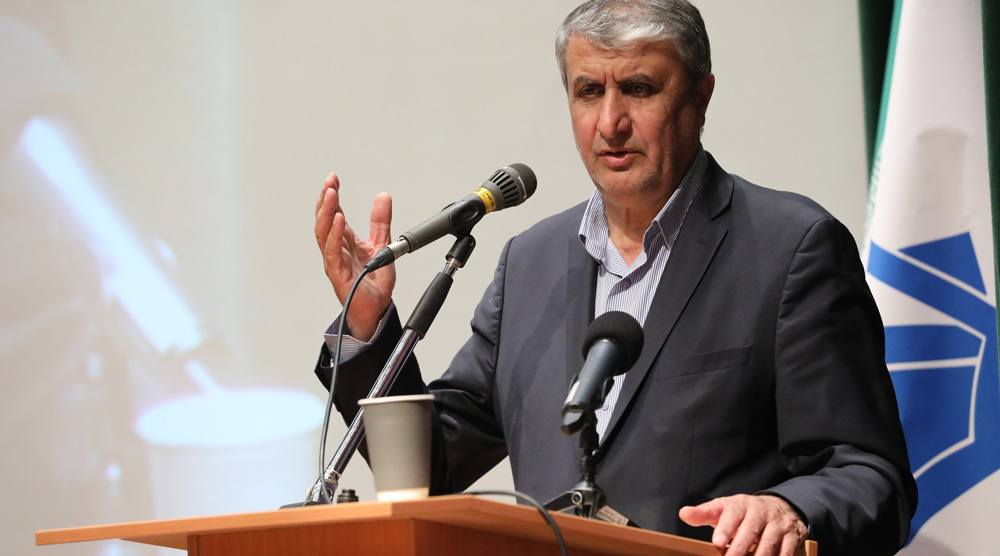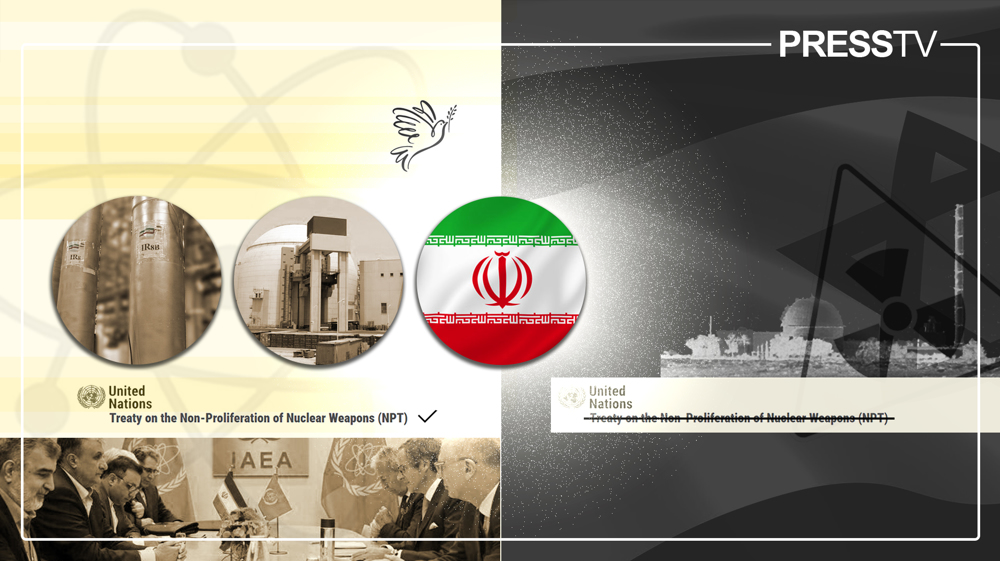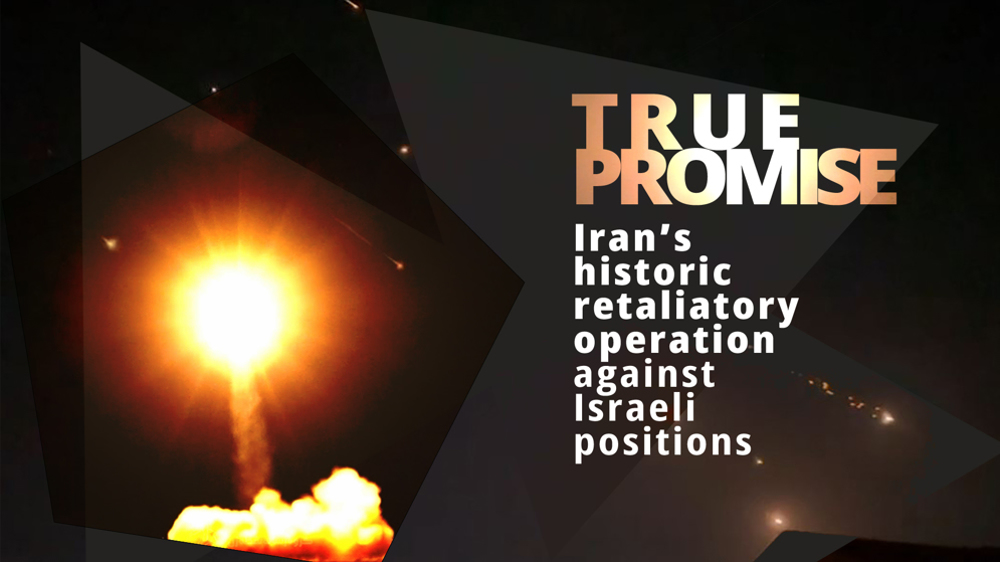US president-elect not to accept Iran deal as it is: Advisor
US President-elect Donald Trump will demand changes to the 2015 nuclear deal between the P5+1 group and Iran, one of his aides says.
The agreement, known as the Joint Comprehensive Plan of Action (JCPOA), was struck in July 2015 between Iran and the P5+1 group comprising the US, France, China, Britain, Russia and Germany.
Ever since the deal was struck, its opponents in US Congress have been threatening that a future US administration opposed to the agreement would scrap it.
During the election campaign, Trump threatened that he would “tear up” the JCPOA or try to renegotiate its terms if elected president.
“Ripping up is maybe a too strong of word, he’s gonna take that agreement, it’s been done before in international context, and then review it,” Trump's adviser Walid Phares told BBC radio Thursday.
“He will take the agreement, review it, send it to Congress, demand from the Iranians to restore few issues or change few issues, and there will be a discussion,” Phares added.
Phares said, “It could be a tense discussion but the agreement as is right now…is not going to be accepted by a Trump administration.”
The JCPOA, harshly opposed by Republicans in Congress, was reached as a political commitment rather than a treaty ratified by lawmakers, making it vulnerable to a new US president.
On Thursday, the USA Today said the US House was preparing to debate legislation that aims to prevent US banks from financing Boeing’s planned sale of $25 billion worth of planes to Iran.
Boeing has signed an initial agreement to sell or lease more than 100 jets to Iran but the agreement has come under strong criticism from many American politicians.
According to the US paper, the bill from Rep. Bill Huizenga would prohibit US banks from financing the plane sale and would revoke any Treasury Department approval of the sale granted before the legislation is approved.
In a speech to the pro-Israeli lobby group AIPAC in March, Trump declared that his "number-one priority” would be to "dismantle the disastrous deal with Iran.”
By contrast, he has conceded it would be hard to destroy a deal enshrined in a United Nations resolution. In August 2015, he said he would not "rip up” the nuclear deal, but that he would "police that contract so tough they don’t have a chance.”

On Thursday, EU foreign policy chief Federica Mogherini, who represented the P5+1 during the nuclear negotiations, told CNN that the US cannot cancel the deal.
“The Iranian nuclear agreement is not a mutual deal between Iran and US, but a multilateral agreement, which I am still responsible as the chairman of joint commission to supervise the full implementation of nuclear agreement by all sides,” she said.
Russia and France have also made assertions to the same effect.
Iranian reaction
President Hassan Rouhani said Wednesday that the nuclear deal has been reflected in a United Nation Security Council resolution and cannot be dismissed by one government.
Iran’s Foreign Minister Muhammad Javad Zarif also urged Trump to stick to international agreements.
"Every US president has to understand the realities of today's world. The most important thing is that the future US president stick to agreements, to engagements undertaken," Zarif said in Romania.
Other Iranians, however, said the country was prepared for any eventuality.
"We have defined our nuclear program in such a way that we can continue in any situation," the Atomic Energy Organization of Iran's spokesman Behrouz Kamalvandi said.
“When Trump assumes office, his advisers will tell him that he does not have too many options versus Iran and cannot turn a blind eye to Iran’s interests,” he added.
Back in July, Leader of the Islamic Revolution Ayatollah Seyyed Ali Khamenei said, “We will not violate the JCPOA, but if the opposite side violates it - as US presidential candidates are currently threatening to tear up the JCPOA - if they tear up the JCPOA, we will burn it.”
Iran warns against threat of terrorism to regional, global security
Tracing the origins of Zionist lobby’s malign influence on American academia
VIDEO | Drone footage captures aftermath of deadly Kenyan flood
Explainer: What is Persian Gulf Day and what are its origins and significance?
VIDEO | 'Ceasefire now!' - Pro-Palestinian motorcade drives through Rotterdam
Malala slammed for collaboration with Clinton, cheerleader of Gaza genocide
IRGC: 10 countries aided Israel to repel Iran 'True Promise', but to no avail
Iran condemns US violence, says anti-war student protests proof of world awakening















 This makes it easy to access the Press TV website
This makes it easy to access the Press TV website